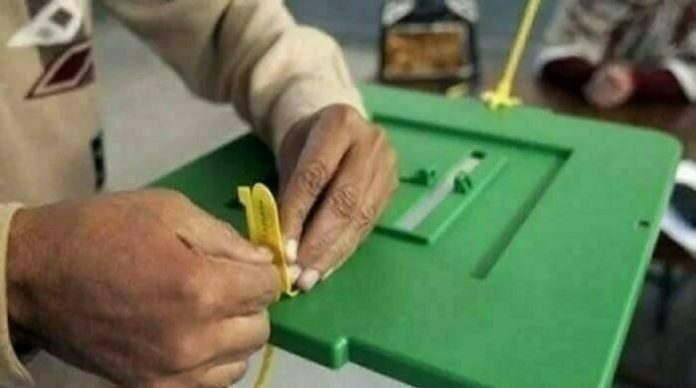Systematic tracking of election petitions by the Free and Fair Election Network (FAFEN) filed with 23 election tribunals indicates that only 25 petitions—four pertaining to National Assembly (NA) constituencies and 21 to Provincial Assembly (PA) constituencies—have been disposed of by the tribunals as of August 17, 2024. These disposed petitions represent seven percent of 377 petitions filed with the election tribunals.
With six tribunals in Punjab province still inactive, this slow pace may result in multiple petitions lingering beyond the legal deadline of 180 days from the date of their filing. Legally, the Election Commission of Pakistan (ECP) is bound to publish in the official Gazette the names of the returned candidate (candidate with the highest number of votes) and all other contesting candidates along with the number of votes obtained by them (section 98 of the Elections Act, 2017). Any losing candidate can file petition within 45 days of the gazette notification of the returned candidate (section 142) and each petition shall be decided within 180 days of its filing (section 148).
Through amendments to the Elections Act, 2017, enacted in August 2023, Parliament extended the time limit for the disposal of election petitions from 120 days to 180 days from the date of their filing. The amendments also introduced measures to expedite the disposal of petitions by capping the maximum duration of stay orders issued by higher courts in such cases to six months. However, the ongoing operations of the tribunals, particularly in Punjab, do not reflect the spirit of the law, due to multiple factors, including prolonged legal interpretational differences between the Election Commission of Pakistan (ECP) and the Lahore High Court (LHC) regarding the notification of six tribunals in the province, which has rendered them dysfunctional. The eight tribunals notified in Punjab thus far have a cumulative caseload of 157 election petitions.
FAFEN has determined that at least 377 petitions have been filed with the 23 election tribunals across the four provinces and the Islamabad Capital Territory (ICT). Of these, FAFEN has identified the petitioners for 333 petitions through copies of the petitions and cause lists available on the High Courts’ websites. To date, the copies of only 226 petitions have been obtained. Additionally, 44 petitions could not be tracked through the cause lists. The ECP has also not yet disclosed the exact number and ancillary details of the petitions filed before the tribunals.
FAFEN also observed the process of resolving result disputes following GE-2013, when the ECP established 14 tribunals to decide on 385 petitions, and after GE-2018, when the ECP established 20 tribunals to decide on 300 petitions.
Click here to download complete report



